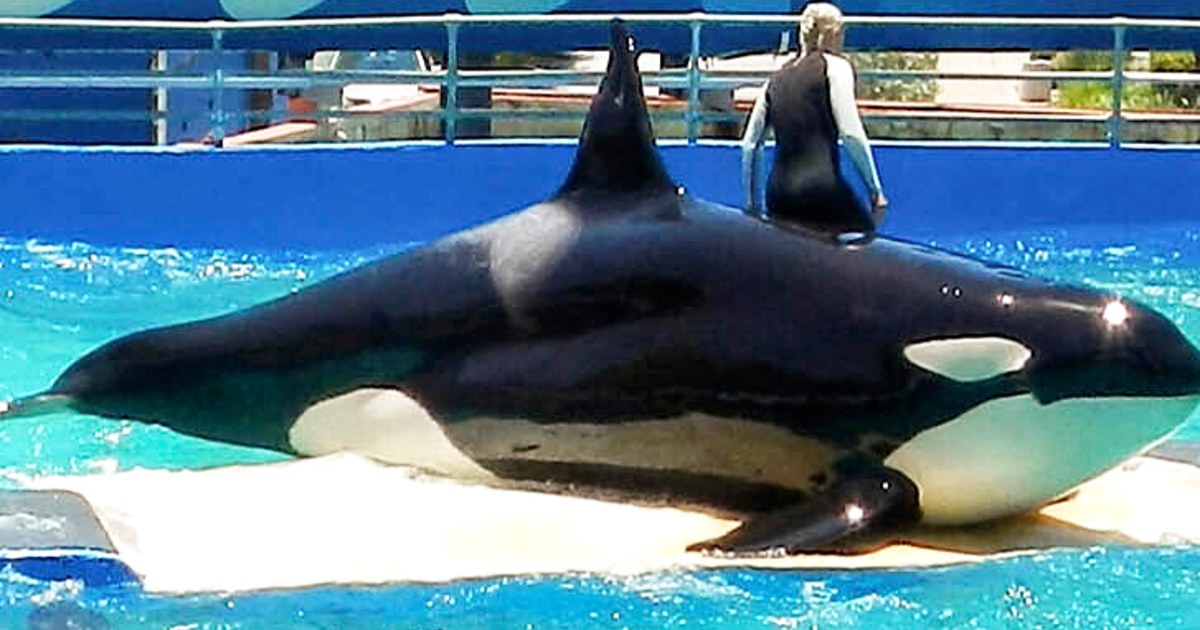Lolita, a Miami Seaquarium whale with her own fan club, died Friday from an unspecified ailment related to her kidneys, a nonprofit group dedicated to her care announced.
Also known as Tokitae and Toki, the orca captured in 1970 off the Washington state coast was to be returned to a custom enclosure in her home habitat, the Puget Sound, under an agreement between the Seaquarium and the nonprofit, Friends of Toki, that was announced in spring.
“Despite receiving the best possible medical care, she passed away Friday afternoon from what is believed to be a renal condition,” Friends of Toki said in a statement.
The group said the whale, believed to be about 57-year-old, showed “signs of discomfort” in the last few days.
She has had health issues in the last few years, and a July 31 welfare assessment of the marine mammal written by two veterinarians said she was “still fighting infection,” suffered abdominal discomfort, and had a lesion on a lung. The infection was described as a “chronic pulmonary infection” in a July 12 Friends of Toki update, which said she was on daily antibiotics.
Her treatment featured care from veterinarians, but also included daily monitoring of her aquatic environment, where the use of chlorine was being discontinued, the water was turning green from algae (“quite healthy,” the nonprofit said), and chillers were used to keep the otherwise tropical water as cold as the Pacific, according to the veterinarians’ assessment and the nonprofit’s updates.
Southern resident orcas, which spend summer and fall in Puget Sound, were added to the federal endangered species list in 2005.
The effort to return the Lolita to the Puget Sound faced regulatory hurdles, including approvals from state and federal officials, Friends of Toki said in July. It named Jim Irsay, owner of the NFL’s Indianapolis Colts, as a financial backer of Lolita’s return.
The Lummi Nation, representing Indigenous people of northwestern Washington state, have been core to the effort to get Lolita returned. Among the nation’s Lhaq’temish people, she has been likened to a kidnapped relative.
Lolita had been held captive for more than half a century, longer than any other living orca except Corky, who’s at SeaWorld San Diego and was captured in the same region in 1969.
Lolita’s story has long captured the attention of animal rights organizations opposed to holding orcas and other marine mammals in captivity.
“Toki was an inspiration to all who had the fortune to hear her story and especially to the Lummi nation that considered her family,” Friends of Toki said. “Those of us who have had the honor and privilege to spend time with her will forever remember her beautiful spirit.”

